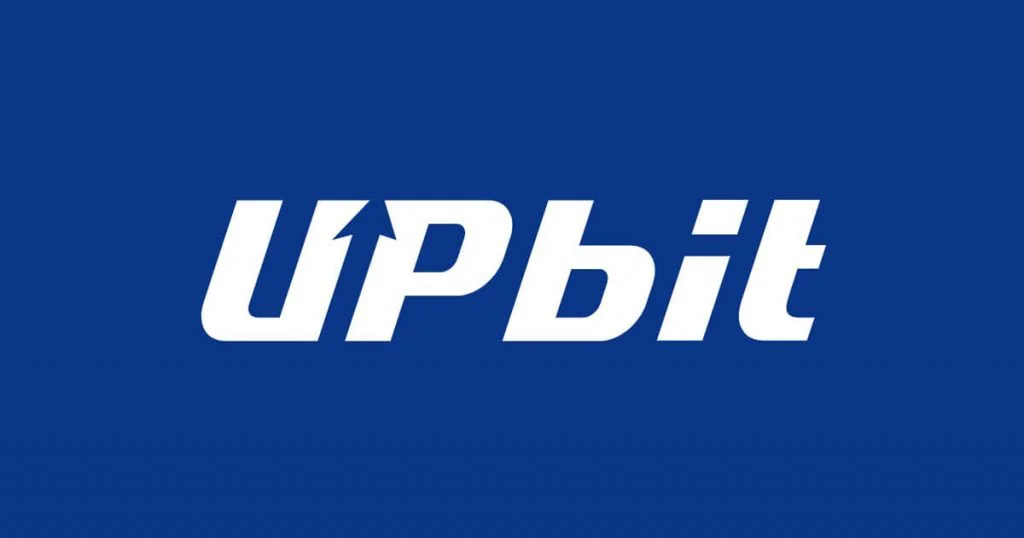South Korean crypto trading platform Upbit, as a means of improving its client verification system, stated that it is gradually limiting services for unverified users this week.

The corporation announced a set of improvements to its client verification system on Saturday in order to comply with South Korea’s mandated Anti-Money Laundering (AML) regulations.
According to the release, Upbit will begin limiting services for unverified users this week, prohibiting them from exchanging more than 1 million Korean won ($850) at a time, beginning on Wednesday, Oct. 6.
“Once customer verification is completed, the 1 million won limit will be lifted; members who submit orders for less than 1 million won can complete customer verification at any time,” the company stated.
After a week of initial AML restrictions, Upbit intends to impose even more restrictions on unverified users. For existing users who have not completed customer verification, Upbit will halt trading services, as well as deposits and withdrawals, as of October 13th. “Trading and deposit or withdrawal transactions will continue after customer verification is completed,” Upbit stated.
New users who sign up after Wednesday will only be able to deposit and withdraw after completing verification, according to the release.
Processing verification through K Bank, Upbit’s official fiat on-ramp provider, is also recommended, according to the exchange. The notification reads, “Withdrawal procedures to other banks will be notified subsequently through a separate notice.”
Upbit, along with Bithumb, Coinone, and Korbit, is one of South Korea’s main cryptocurrency exchanges, accounting for more than 80% of the local cryptocurrency market.
The company’s new customer verification standards comply with AML requirements in South Korea, which require both local and foreign exchanges to furnish real-name accounts through a local bank.
South Korea’s Financial Services Commission has set a deadline of Sept. 24 for crypto exchanges to apply for an official operating license. Following this, several large exchanges, including Binance, stopped trading KRW pairings and eliminated Korean language support from their sites.
